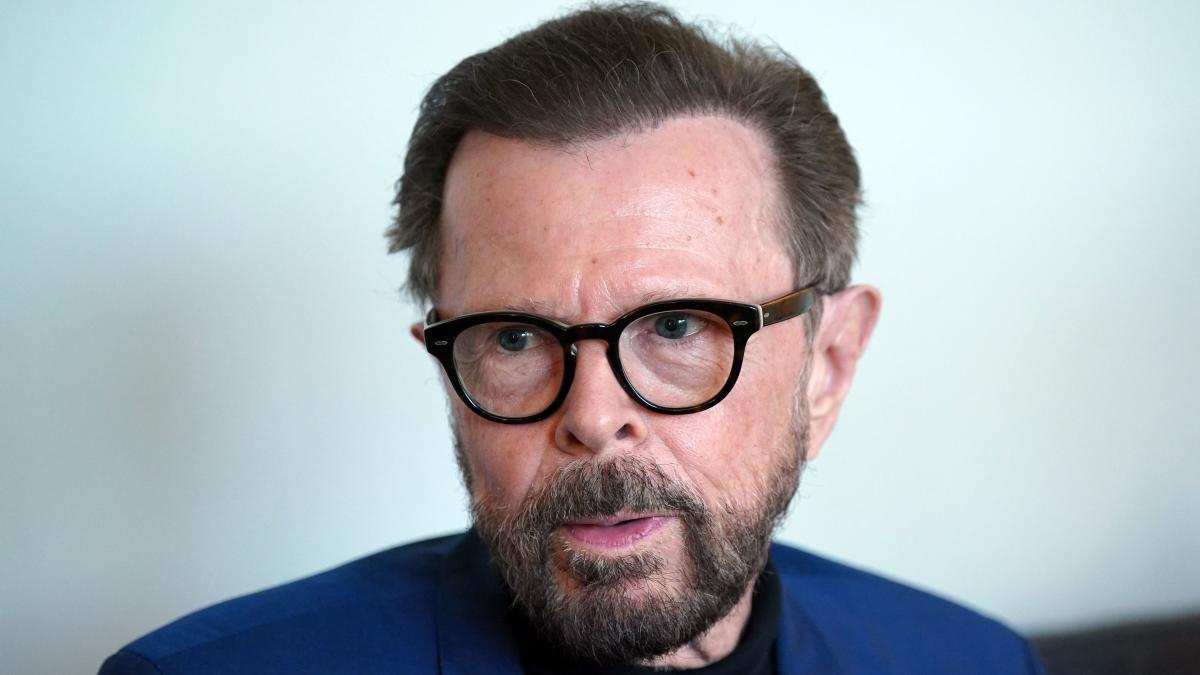Eisenkot claims Netanyahu has no plan for war between Israel and Hezbollah – Israeli politics

Knesset member and former Israel Defense Forces Chief of Staff Gadi Eisenkot of the National Unity Party, who left the war cabinet along with his party members in June, spoke with Ofira Asayag and Chaim Levinson on Channel 12 News on Friday evening.
During the conversation, Eisenkot provided new explanations for his party’s withdrawal from the war cabinet and outlined his tactical and political perspective on the ongoing tensions between Israel and Hezbollah.
According to Eisenkot, “there is no war plan for Lebanon. The plan remains as it was set in the first week of fighting,” and its objectives have not changed due to changes on the ground.
In addition, he spoke about problems during his time in the War Cabinet. “The expanded Cabinet would not come into contact with the details of the agreement that were already on Sinwar’s desk,” and “the shadows of Ben-Gvir and Smotrich hung over the War Cabinet all the time, even when they were not present in the room.”
Eisenkot claimed that he bears full responsibility for the fact that the hostages have not been returned to date. He explained: “During Ramadan, between January and February, there were better conditions for repatriation, but that did not happen.”
He justified the withdrawal of the National Unity Camp as follows: “We withdrew after difficult deliberations that began around February, when we realized that political considerations were leading to wrong behavior that was contrary to the goal of the war for the period afterward, namely the establishment of an alternative government.”
“We saw this in the failure to introduce new objectives for the Lebanese front. The same thing happened in the hostage crisis, where we felt the team should be given a comprehensive mandate to check whether it was producing results, and if not, then it should be replaced.”
Eisenkot’s criticism of Netanyahu
Regarding the Northern Front and war aims, Eisenkot added: “There are five war aims that were set in the first week and we supported them. (However) the strategic reality has changed significantly.”
“The Lebanese front is active, tens of thousands of Israelis are not in their homes and the war goal remains what was defined in the first week – deterrence and readiness. It must change dramatically.”
Eisenkot added regarding Hezbollah: “As was reported on October 11, there was a debate about whether to attack or not. I thought that was not necessary. However, in November and December we already tried to push a policy that shifted the focus to the north, but that did not happen.”
Regarding Prime Minister Benjamin Netanyahu and his behavior, Eisenkot said: “I am very worried. Netanyahu is not a king. The cabinet is a collective that decides together. I trusted the collective more than its judgment. I served as chief of staff under him for four years and saw his decisions being made by another person.”
Eisenkot referred to the four goals that Netanyahu presented at his inauguration as prime minister in the current Knesset: “When he stood up in the Knesset and declared that the first goal was to stop the Iranian nuclear threat, I thought he was serious because I worked with him (as chief of staff) to achieve that goal.”
“I haven’t seen that in the last two years. When he said his second goal is peace with Saudi Arabia, I don’t see him pushing that. He’s giving him the cold shoulder. And when he talks about getting the economy going, something else happens, and as far as restoring security and governance, we see what happens.”


